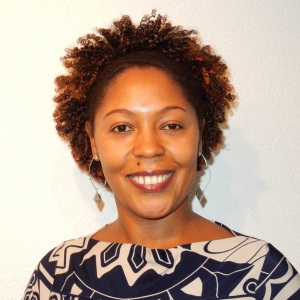Our work explores what characterises inclusive economies and how these can be achieved, particularly in a world where new technologies, rural to urban migration, and growing youth populations are disrupting and putting new pressures on people’s lives and livelihoods.
It continues to revitalise debates on agriculture as a key pathway out of poverty and towards inclusion, particularly for young people. Our work is focused on identifying what opportunities exist in a period of agricultural commercialisation and rural transformation and how far different groups are able to access them. It also understands how new technologies such as drones or blockchains pose risks, but can also be harnessed to improve the lives of the poorest and most marginalised people. In a rapidly urbanising world where cities have become focal points for economic growth, jobs and innovation but also for poverty, inequality, vulnerability and conflict, our work explores what this means for both urban and rural people, and the opportunities and challenges they face in living safe and fulfilling lives.
